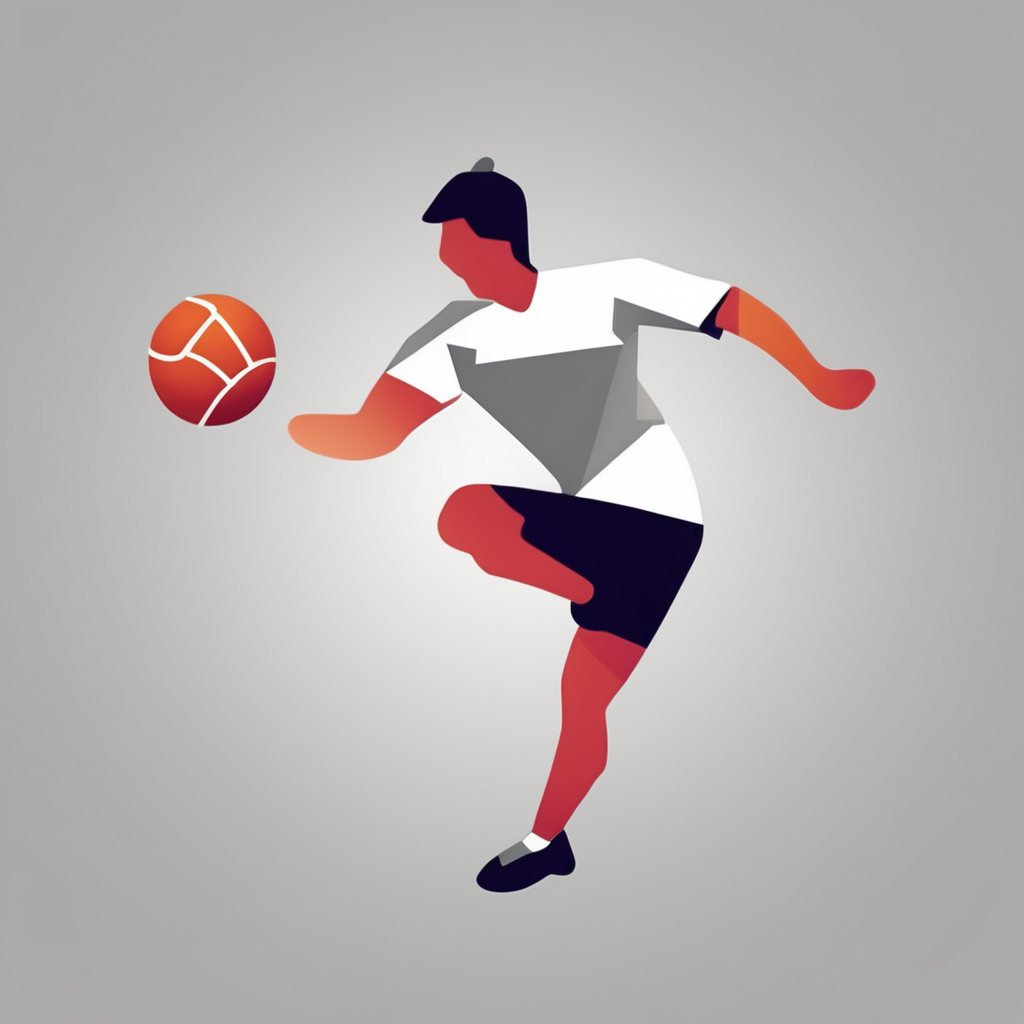Practical Applications of Martial Arts in Daily Routines
Martial arts techniques extend far beyond the dojo, offering valuable tools for daily life improvement. Central to many martial arts is the cultivation of personal discipline, which can be seamlessly integrated into everyday routines. By adhering to consistent practice habits and goal-setting, practitioners develop a structured mindset, aiding self-improvement in various life areas.
Moreover, martial arts techniques significantly enhance mental focus and emotional regulation. Methods such as controlled breathing and mindful movement train individuals to remain calm under pressure. This heightened awareness helps manage stress and improves decision-making in challenging situations, proving their practical use outside of formal training.
Additional reading : The Role of Mental Resilience in Elite UK Combat Sports?
Physical benefits include improved posture and body mechanics. The precise stances and fluid movements emphasize alignment and balance, which translate to better ergonomics during ordinary activities like sitting, walking, and lifting. This not only reduces the risk of injury but also boosts overall confidence in physical presence.
In summary, martial arts techniques offer a holistic approach to self-improvement. They provide practical use in emotional management, physical health, and routine discipline, making them highly applicable tools for enhancing everyday life.
In parallel : What Are the Different Types of Combat Sports Popular in the UK?
Conflict Management and Self-Defense Strategies from Martial Arts
Martial arts skills offer practical tools for conflict management beyond the dojo. A core principle is de-escalation tactics, which help turn tense situations into peaceful resolutions. For example, maintaining calm body language and using verbal cues learned in martial arts can reduce hostility during everyday disagreements. This approach prioritizes avoiding physical confrontations whenever possible.
In addition to managing conflicts verbally, basic self-defense moves empower individuals to protect themselves when necessary. Simple techniques, such as blocking strikes or breaking free from grabs, provide vital confidence and safety in public spaces or at home. These foundational moves are designed to be effective regardless of one’s physical strength or size.
Martial arts also emphasize situational awareness—the ability to recognize potential threats early and set personal boundaries. This skill involves observing surroundings attentively and assessing risks, which can prevent dangerous encounters before they escalate. By transferring this awareness from training to real life, individuals improve their overall personal security and decision-making in challenging situations.
Enhancing Fitness and Well-Being with Martial Arts Practices
Martial arts training offers a holistic approach to fitness and wellness that extends beyond physical activity. Regular participation in martial arts routines improves cardiovascular health, flexibility, and muscle strength, making it an excellent form of comprehensive fitness. The diverse movements, including kicks, punches, and stances, promote full-body coordination and endurance.
In addition to physical fitness, martial arts provide significant mental wellness benefits. Techniques such as controlled breathing and focused meditation help practitioners manage stress effectively. Learning breath control supports calmness during high-pressure situations, making it a practical tool for daily stress relief.
Consistent martial arts training cultivates mental resilience and boosts self-confidence. As individuals progress through different skill levels, they gain a sense of achievement and empowerment. This combination of physical advancement and mental growth encourages a positive self-image and the ability to overcome challenges both on and off the mat.
Combining fitness with mindfulness, martial arts training benefits offer a unique path to sustained wellness. Whether seeking improved physical health, stress reduction, or confidence building, incorporating martial arts-inspired exercise routines provides measurable results in multiple areas of well-being.
Martial Arts Values for Professional and Social Life
Small yet powerful lessons
The martial arts mindset fosters core values such as discipline and respect, which seamlessly transfer into both professional and social environments. Discipline developed through consistent training encourages individuals to meet deadlines, maintain organization, and pursue excellence in their daily work routines.
Respect, another cornerstone of martial arts, promotes healthier interactions and collaboration within teams. By valuing each member’s contribution, a culture of mutual understanding and trust flourishes, essential for resolving conflicts and boosting productivity.
Focus and adaptability, sharpened on the mat, empower professionals to manage distractions effectively and respond to changing workplace demands. This skill set translates into improved problem-solving and the ability to embrace new challenges with confidence.
Additionally, the practice of goal-setting ingrained in martial arts cultivates a mindset dedicated to continuous improvement. Setting clear, incremental objectives aligns with career development strategies, motivating individuals to consistently enhance their skills and advance professionally.
Embedding these principles not only enriches personal character but also builds a resilient, respectful, and goal-oriented community, both inside and outside the workplace.
